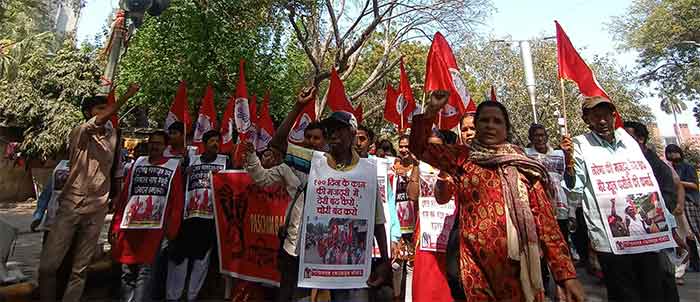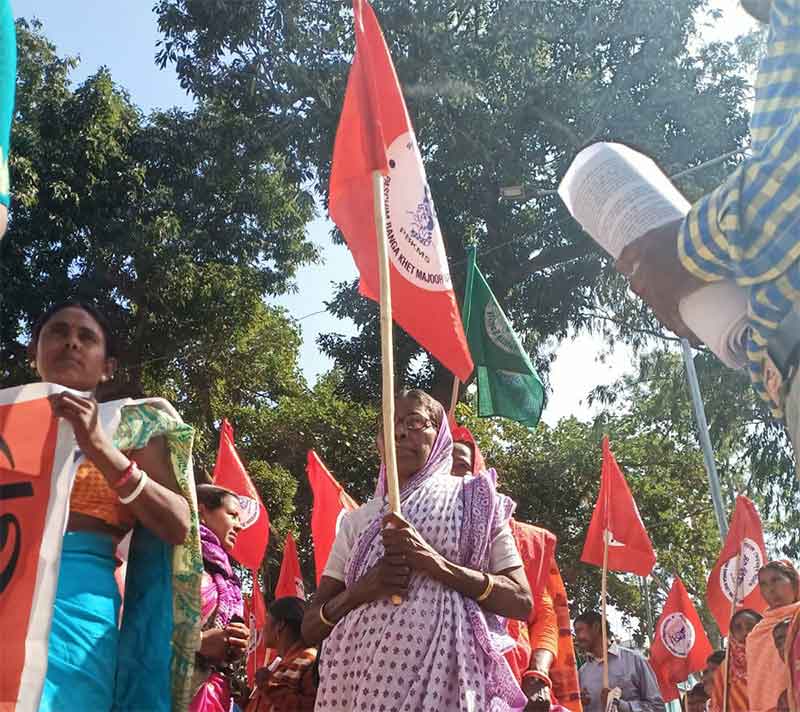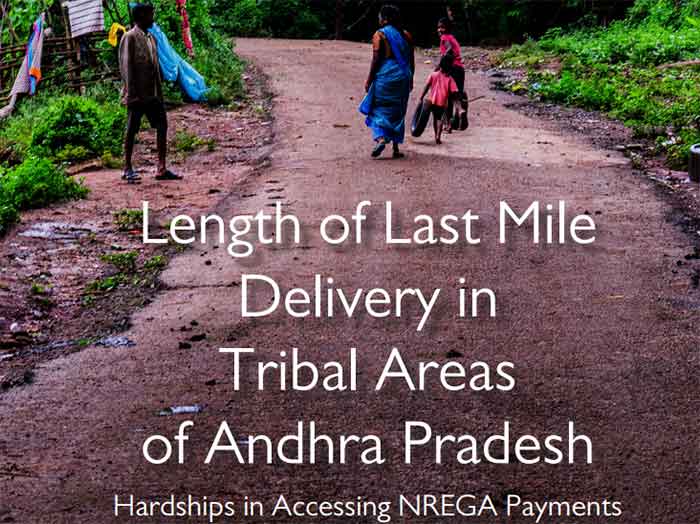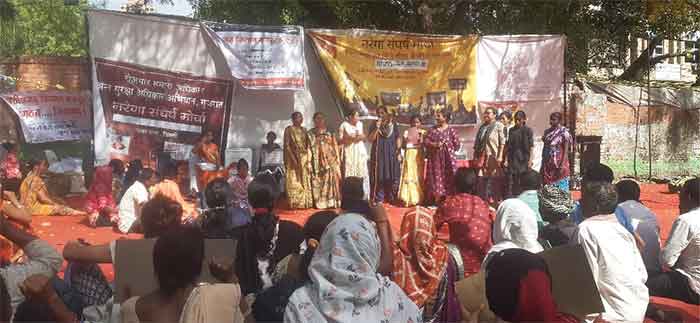
India’s rural employment guarantee scheme has been a big help for the poorest rural households in recent years. This scheme has been created under the National Rural Employment Guarantee Act (NREGA) to which the name of India’s most respected leader Mahatma Gandhi is often added, making it MG-NREGA. It has attracted international appreciation as a means of providing the kind of livelihood opportunities to weaker section people that can strengthen rural life by promoting such important work as soil and water conservation. It is thus a very important livelihood promotion and poverty-reducing program as well as a program of environment protection and rural regeneration. It can be a great asset, if properly handled, for climate change mitigation as well as adaptation work.
Unfortunately, the implementation of NREGA has been increasingly troubled by several problems, which are clearly problems which can be easily avoided. Apprehensions have been even expressed that this scheme is being weakened and obtaining work and payment under it is being made difficult. It is clearly time to settle all such doubts and apprehensions by taking remedial actions.
First and foremost, the newly introduced NMMS (National Mobile Monitoring System) based system of attendance by uploading photos of workers on daily basis should be withdrawn as this creates entirely avoidable problems of possibility of many workers’ hard work not getting recorded and consequently deprivation of day’s wage for them. This increases problems, uncertainties and tensions for workers unnecessarily, is clearly very unjust to them and should be withdrawn immediately. Rather the direction of reform should be entirely different to make working hours very flexible—the work has to be competed but the working hours can be chosen by workers –as this will help to avoid excessively hot conditions in times of global warming.
Similarly the decision to make Aadhaar based system of payments mandatory is also very unfair as a large number of workers are unable to obtain payments. Hence other ways of easily transferring wage payments to the bank accounts of workers should be allowed not as a temporary measure but permanently. This option was always available anyway and problems came only when the Aadhaar based system was arbitrarily made mandatory this year (although its date was extended).
Thirdly, while strong steps to check corruption are clearly needed and there is consensus on this, but these should be pursued in a way that those who are guilty of corruption should be punished and not poor workers. This is common sense, but this has been violated. In W.Bengal following strong action by the union government authorities over complaints of corruption, it is a very large number of workers who have been denied not just work opportunities but even payment for work already done by them. A clear decision should be taken that it is those guilty of corruption who will be targeted and there will be no victimization of workers. Simultaneously, all pending payments of W.Bengal workers should be made immediately and NREGA work in this state should take place as in normal times. When any action is taken against prevalence of corruption, there should be no discrimination.
A related issue of consensus is that social audits, particularly those taken up with good community participation, are an important means of checking corruption. While the government authorities are right in insisting on social audits, problems arise when they often do not provide or release the funds for this although they are supposed to. So if there is insistence on social audits but funds are missing, then surely there will be implementation problems. This issue should also be resolved with prompt availability of funds for community based social audits.
This leads to the larger issue of adequate budgets for implementation of NREGA in the right spirit. While budgets have generally always been short of needs and expectations, this year (2023-24) the allocation was so short of needs that there was extreme disappointment. Low allocations have been leading to less work opportunities and long delays in payments. The government stand has often been that we will make up later at the time of Revised Estimates but these come too late and by this time people have already suffered a lot of problems and a relatively modest increase of allocation too late in the year does not provide much relief. It makes more sense to start with a budget which is much nearer to actual needs which can be calculated on the basis of available data for how many workers have been trying to get work, wage-rate and the number of days of work required per worker as per legal provisions.
Last but not the least, suggestions have appeared at senior levels of government that NREGA may be amended in such a way that state governments have to pay 40% of the labor costs of NREGA although the present legal position is that the union government arranges the entire labor payment. If the proposed amendment is made, then this will further adversely impact the implementation of NREGA. The existing arrangement should therefore continue.
These are six broad areas of concern regarding NREGA which should be resolved quickly to make it possible for NREGA to play its assigned role of reducing poverty and rural distress and at the same time improving sustainable livelihoods and environment protection.
Bharat Dogra is Honorary Convener, Campaign to Save Earth Now. His recent books include Man over Machine, Protecting Earth for Children and Planet in Peril.

















































